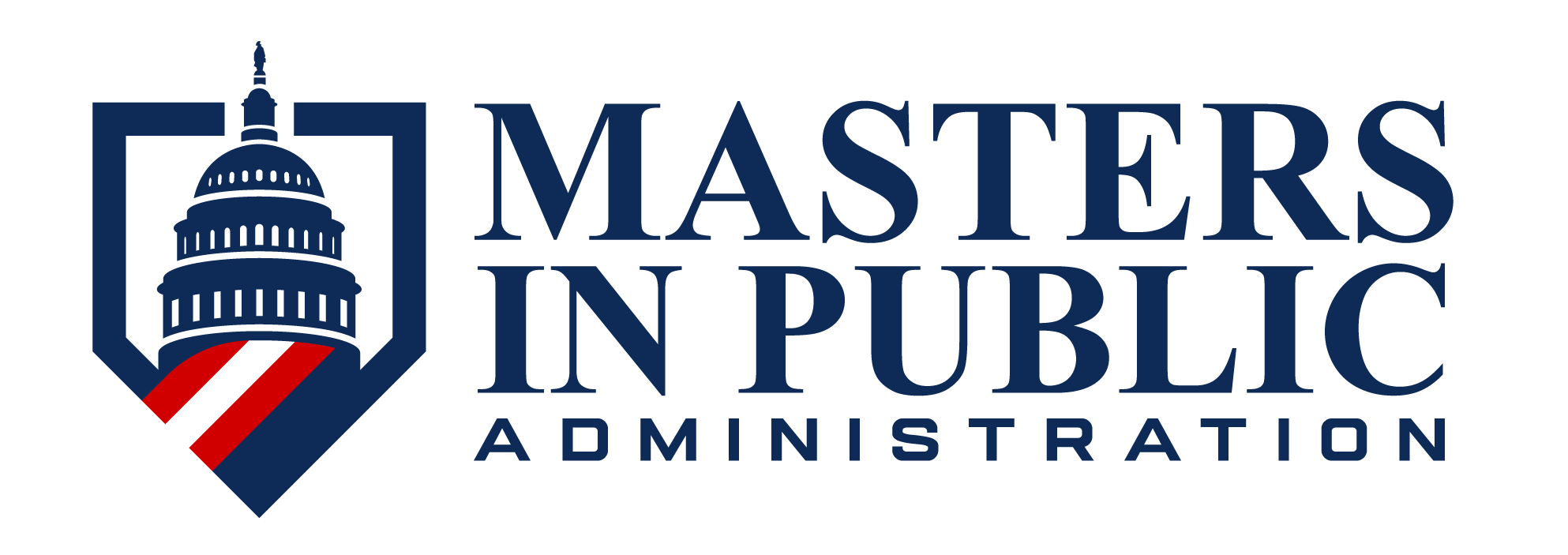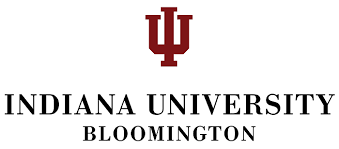Introduction
When considering a career in government and public service, individuals often contemplate pursuing a Master of Public Administration (MPA) or a Master of International Administration (MIA). Deciding between these two degrees can be challenging and depends on a student’s interests and professional goals.
The primary distinction between an MPA and an MIA lies in the policy issues they address. An MPA typically prepares students for roles in the domestic public sector by focusing on public institutions, business management, and relevant laws and regulations. On the other hand, an MIA degree focuses on international policy issues involving other countries, covering topics like international law, economics, and foreign affairs.
The choice of graduate program is personal and subjective. The following discussion explores some of the requirements and opportunities associated with an MPA versus an MIA.
MPA vs. MIA: Degree Comparison
MPA programs prepare students to influence political, socio-economic, or educational landscapes through policy development and implementation. This degree path is popular among public affairs professionals seeking career advancement. Online MPA programs offer flexibility for students to complete coursework remotely.
An online Master of International Administration program explores factors influencing foreign policy, such as history, economics, and security. This degree path suits individuals with a stronger interest in international affairs than domestic issues.
Both degrees offer excellent prospects for careers in government agencies, nonprofits, and various public and private sector roles. MIA graduates often pursue positions related to international relations and business, while MPA graduates tend to focus more on national and regional issues.
Degree Requirements
Both MPA and MIA programs generally require a bachelor’s degree from an accredited university or college, although a specific field of study may not be necessary. Other common requirements include letters of recommendation, a personal statement, a resume or CV, and possibly GRE test scores.
Topics Covered
Public Administration (MPA) Degree:
MPA programs emphasize integrating theories with leadership principles, contributing to the public policy process, and developing analytical skills. MPA courses cover areas like public administration, public budgeting, administrative law, and program planning. These courses aim to equip students with skills for leadership positions in the public sector. Electives may include federal policy, nonprofit management, or grant writing.
International Administration (MIA) Degree:
MIA programs focus on analyzing international interactions, understanding global issues, and studying regional and global governments. MIA courses focus on world affairs through political, social, economic, historical, and geographic perspectives. Students can specialize in specific parts of the world or topics like humanitarian assistance or peace and security.
Time to Completion
MPA and MIA programs typically last two to three years, although some accelerated options can shorten the duration to as little as 16 to 20 months. Both programs may require field experience, internships, or a capstone project to apply learned skills and knowledge.
MPA / MIA Dual-Degree Programs
A dual degree combining both MPA and MIA coursework prepares students for public service roles in government, NGOs, and international organizations. This dual degree offers a blend of public management skills and global expertise. The following institutions offer MPA / MIA dual degree programs:
Seton Hall University
- South Orange, NJ
- Campus
Program:
Department of Political Science and Public Affairs
Modality: On-Campus
Credits: 60
Program Overview:
The Department of Political Science and Public Affairs and the School of Diplomacy offer a dual degree program combining the M.A. in Diplomacy and International Relations with the Master of Public Administration. This program prepares professionals to address public sector challenges in a global context. Completing the dual degree requires 60 credits, compared to 84 credits for the two programs separately.
Indiana University – Bloomington
- Bloomington, IN
- Campus
Program:
School of Public and Environmental Affairs
Modality: On-Campus
Credits: 60
Program Overview:
The dual Master of Public Affairs-Master of International Affairs (MPA-MIA) program at Indiana University equips students with the knowledge and skills needed to succeed in today’s global environment. Graduates are prepared for international careers in government, international NGOs, multilateral organizations, and global businesses. The program covers areas such as sustainable development, public finance, the international system, and nonprofit management, providing students with opportunities to make a global impact.
New York University – Wagner
- New York, NY
- Campus
Program:
Program in International Relations
Modality: On-Campus
Credits: 57
Program Overview:
At NYU, students can pursue a dual degree in just two years, earning both an MPA with a specialization in International Development Policy and Management and an MA in International Relations. This program prepares students for careers in international affairs by providing practical policy, management, and analysis skills, as well as a comprehensive understanding of international relations and politics. The dual degree offers a unique cross-exposure that prepares graduates for diverse international careers.
Syracuse University
- Syracuse, NY
- Campus
Program:
Maxwell School of Citizenship and Public Affairs
Modality: On-Campus
Credits: 58
Program Overview:
The dual degree program allows students to earn both an MPA and an MA in International Relations in two years, totaling 58 credits. It prepares students for careers in various sectors such as government, consulting firms, NGOs, and international organizations. The MA program includes a mandatory global internship, offering students the opportunity to study and intern in locations such as Washington D.C. or abroad for up to two semesters during their second year.
Suffolk University
- Boston, MA
- Campus
Program:
College of Arts and Sciences
Modality: On-Campus
Credits: 54
Program Overview:
This dual degree program provides a comprehensive foundation for making a global impact. The curriculum covers political economy, international relations, and hands-on public administration skills. Students gain the ability to lead in various government levels. The program includes a required internship with an international organization, enhancing skills and networking opportunities. Graduates leave with the ability to create, analyze, and implement policies effectively.
University of Miami
- Coral Gables, FL
- Campus
Program:
Department of Political Science
Modality: On-Campus
Credits: 60
Program Overview:
The program provides three specializations: International Relations covering theory, globalization, security, peace studies, and more; Comparative Politics including comparative analysis, regimes, governance, political economy, and regional studies; and International and Comparative Political Economy, focusing on global trade, development, environmental regimes, governance, and economic theory.
Comparing Career Fields and Professional Opportunities
Both Master of Public Administration (MPA) and Master of International Administration (MIA) degrees offer rewarding career paths in the public and private sectors, but they differ in focus and application. Here’s a detailed comparison of the two career trajectories:
Career Fields
Public Administration (MPA): MPA programs focus more on domestic policies and governance. Graduates often work in government agencies, nonprofits, or consulting firms, addressing issues such as public health, education, or urban planning.
MPA graduates may work as city managers, overseeing municipal operations and budgets. They may also become policy analysts, evaluating public policies’ impact and recommending changes. Another common role is a program manager in a nonprofit organization, overseeing program implementation and ensuring compliance with regulations.
International Administration (MIA): MIA programs, on the other hand, concentrate on international relations, preparing graduates for careers in diplomacy, international organizations, or global businesses, focusing on topics like trade, conflict resolution, and human rights.
MIA graduates often pursue careers as diplomats, representing their country’s interests abroad and negotiating agreements. They may also work as intelligence analysts, assessing foreign threats and providing strategic advice to policymakers. Other roles include international development specialist, working on projects to improve living conditions in developing countries, and international trade specialist, facilitating trade agreements between countries.
Professional Organizations
These organizations offer MIA graduates valuable opportunities to connect with professionals, stay informed about global issues, and advance their careers in international affairs:
- International Studies Association (ISA): ISA is a premier organization for scholars, practitioners, and students in the field of international studies. It offers conferences, publications, and networking opportunities for members worldwide.
- Council on Foreign Relations (CFR): CFR is a nonpartisan think tank and membership organization focused on U.S. foreign policy and international affairs. It provides forums, research, and analysis on global issues.
- Association of Professional Schools of International Affairs (APSIA): APSIA is a consortium of leading schools in international affairs, offering information on graduate programs, career resources, and networking events.
- World Affairs Councils of America (WACA): WACA is a network of councils across the United States that host events, speakers, and programs on global issues to engage the public in international affairs.
- International Relations Council (IRC): IRC is a nonprofit organization that promotes global awareness and understanding through educational programs, events, and discussions.
- United Nations Association of the United States of America (UNA-USA): UNA-USA is a nonprofit organization that supports the work of the United Nations and advocates for U.S. engagement in international affairs.
- Young Professionals in Foreign Policy (YPFP): YPFP is a global organization that engages young professionals in foreign policy through networking events, discussions, and career development opportunities.
- Women in International Security (WIIS): WIIS is a global organization that promotes women’s leadership in international peace and security through research, networking, and mentorship programs.
These organizations focus on public administration, policy-making, and governance, providing members with access to the latest research, best practices, and job opportunities. Here are some prominent professional organizations for MPA graduates:
- American Society for Public Administration (ASPA): ASPA is one of the largest and most prominent organizations for public administration professionals. It offers conferences, publications, and networking opportunities for members.
- National Forum for Black Public Administrators (NFBPA): NFBPA is dedicated to promoting excellence in public service among African Americans and other minorities. It offers networking, mentorship, and professional development programs.
- International City/County Management Association (ICMA): ICMA is a professional organization for city and county managers and other local government professionals. It provides resources, training, and networking opportunities.
- National Association of Schools of Public Affairs and Administration (NASPAA): NASPAA is the global standard in public service education. It provides accreditation for MPA programs and offers resources for students and professionals in the field.
- Association for Public Policy Analysis and Management (APPAM): APPAM is a professional association focused on public policy analysis and management. It offers conferences, publications, and networking opportunities.
- Government Finance Officers Association (GFOA): GFOA is a professional association for government finance professionals. It offers resources, training, and networking opportunities for members.
- Public Management Research Association (PMRA): PMRA is a scholarly association that promotes research and education in public management. It offers conferences, publications, and networking opportunities for researchers and practitioners.
- National Association of Counties (NACo): NACo is an organization that represents county governments in the United States. It provides resources, advocacy, and networking opportunities for county officials and employees.







